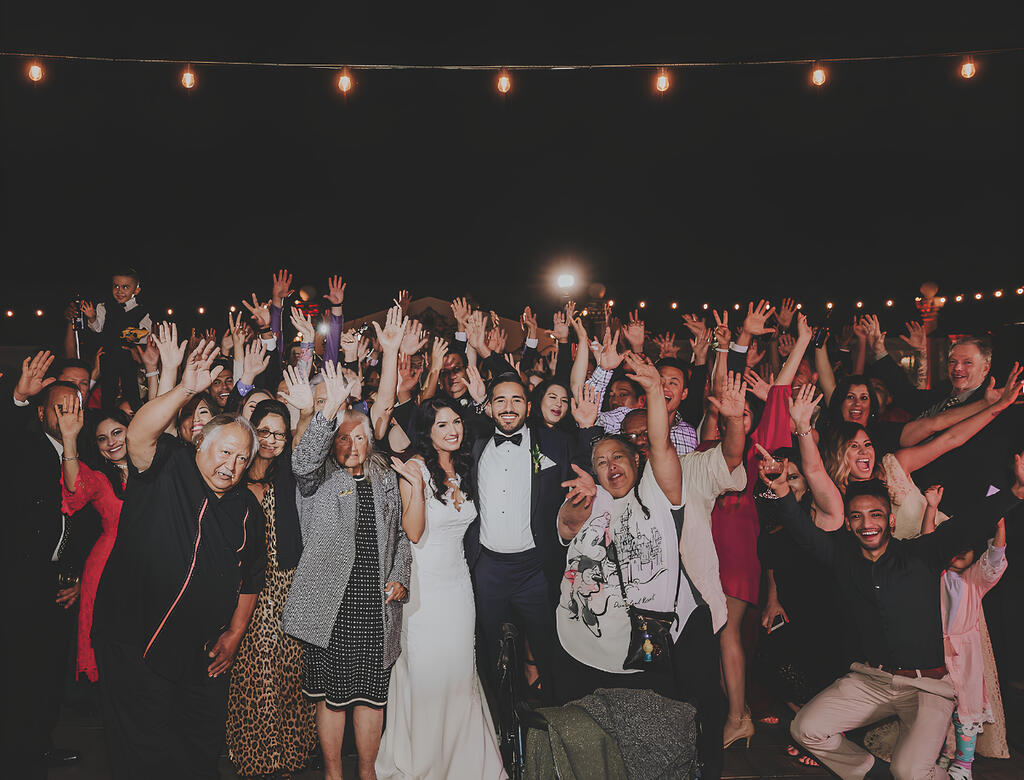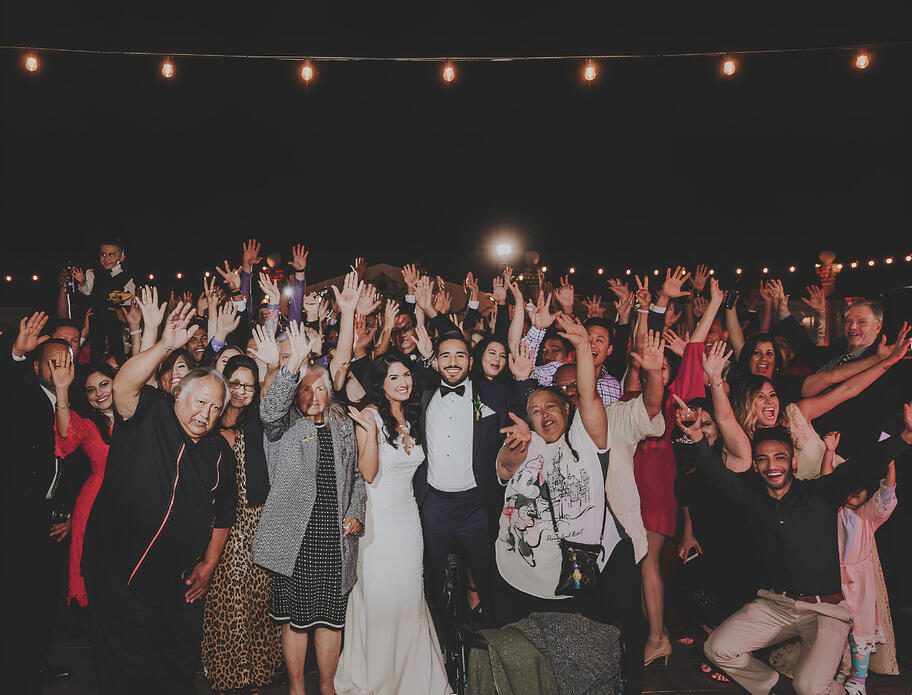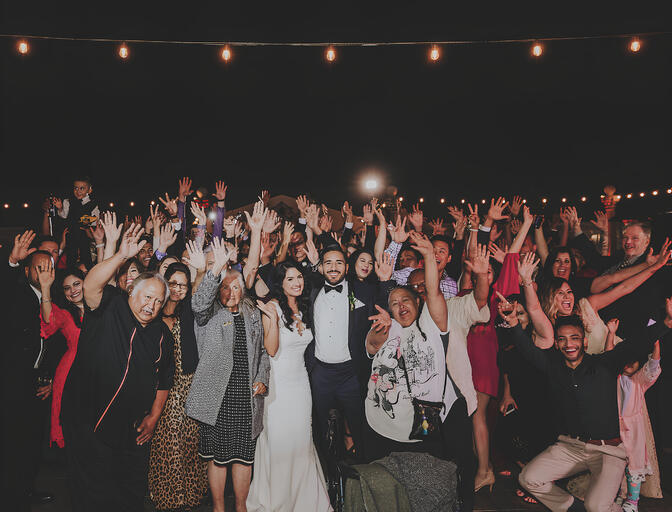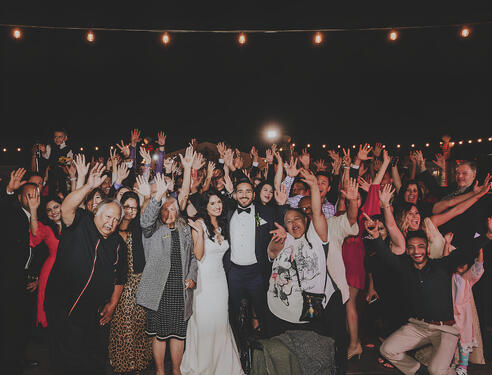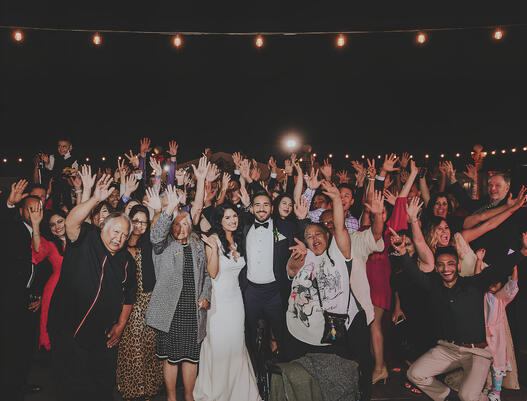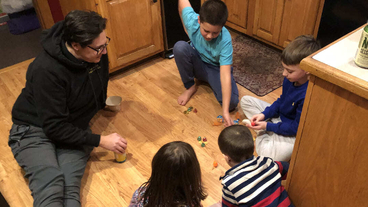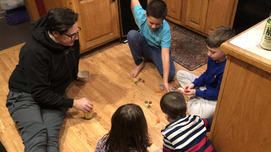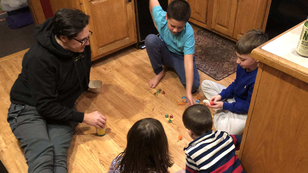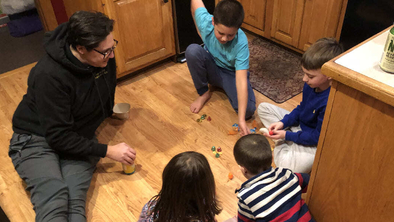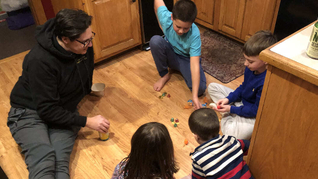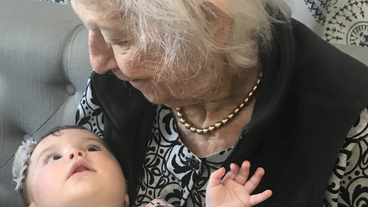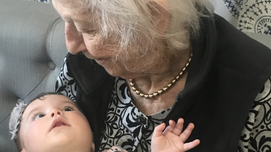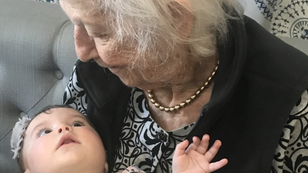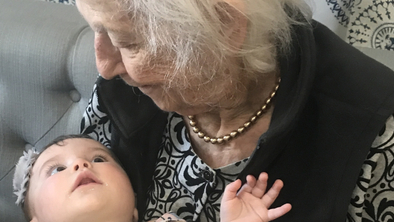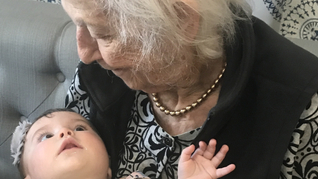What is Hispanic heritage month
Hispanic Heritage Month in the United States is celebrated from September 15 to October 15. This period also coincides with the independence days of several countries (Costa Rica, El Salvador, Guatemala, Honduras, Nicaragua, Mexico, Chile). The month-long celebration is a way to highlight the contributions and achievements of American citizens of Hispanic heritage.
When is Hispanic heritage month
Hispanic Heritage Month actually started as a week-long observation in 1968 under the Johnson administration. It wasn't until 1988 when it was expanded by President Reagan to last for 30 days, from September 15th through October 15th.
What does it mean to be part of the Hispanic community.
Being part of the Hispanic community means recognizing the holy trinity: familia, comida, y música. No matter your origin, these three things are at the center of our culture. Family comes first, and we rely on one another to get through life's challenges. Furthermore, everyone is familia; step into any Hispanic/Latino family's home, and you'll quickly learn that there are multiple tios/tias and primos/primas who are not blood-related but rather friends who have become family.
Food is like currency, parents will bribe you with your favorite dish to get you to visit if you haven’t seen them for more than two days. Food also brings us closer together and is always a reason to gather. While our food may resemble dishes from other countries, our sazón makes it unique. And the music, whether it's Mexican corridos, Colombian cumbia, Dominican merengue, or reggaeton, it will have you shaking your hips and moving your legs to the rhythm without even realizing it.</p
How do you celebrate Hispanic heritage month?
I celebrate Hispanic Heritage Month by learning about others' cultures through their food, traditions, and achievements. I firmly believe that food lies at the heart of Hispanic culture. To me, there's no better way to honor Hispanic heritage than by trying foods from various cultures, whether by supporting Hispanic-owned restaurants or experimenting with a new recipe for a family dinner at home.
As a father, I also recognize that this is a fantastic opportunity to educate our children about their own traditions and heritage, as well as those of the people around us. It's a time to highlight the accomplishments our gente has achieved in American society and the positive impacts they've made. We teach our kids to respect other cultures while also instilling a sense of pride in their own.
Tell us about your Hispanic / Latin family
I consider myself fortunate to have had a unique perspective on life. I was born and raised in Nicaragua, a land of volcanoes and lakes, where family and traditions played a central role in my upbringing. I come from a large family; my father was the oldest of four siblings, and my mother was the 10th of 13 children. When it comes to tracing my ancestry, I find myself at the intersection of a rich and diverse heritage. My roots tell a story of a blend of Spanish, Native Indigenous, and African ancestry.
In my childhood, family gatherings were a regular occurrence. Our extended family (including 28 cousins) would descend upon my maternal grandmother's ranch, each person contributing something to our Sunday meal. After the food was prepared, everyone was guaranteed a plate, and when I say everyone, I mean everyone – neighbors, people who would pass by, and even the neighborhood stray dogs, would get a plate by the end of the night. Alongside the delicious food, you could always count on a relative pumping out the latest hits from Latin icons like Manà, Celia Cruz, Tito Puente, and others.
